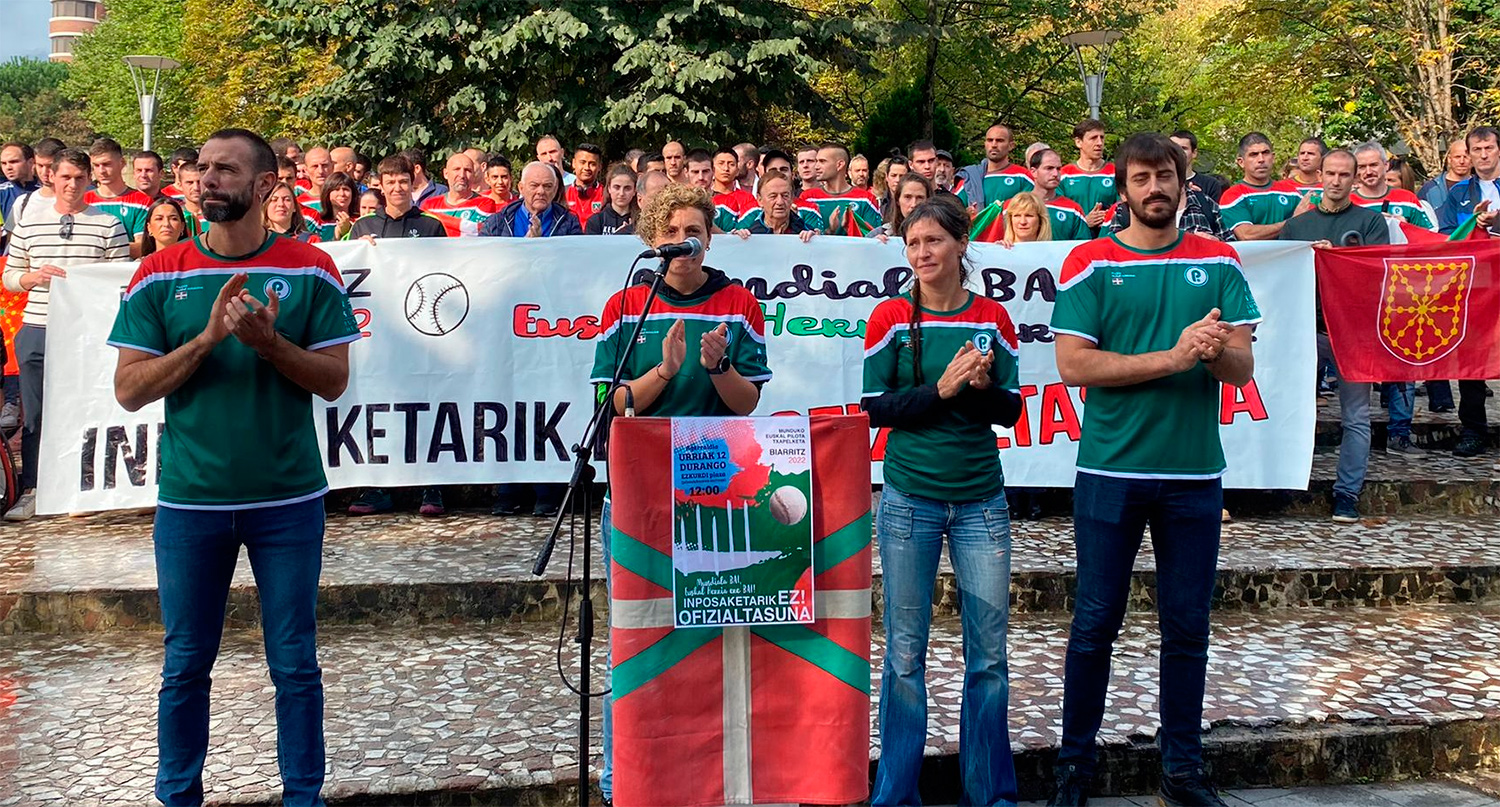"Great sports events are able to stand on their own, they don't need public support."

He commented that professional sports teams should be treated as a different company, and so far society was fully assuming that these clubs receive public subsidies and have debts.
For years, companies and professional sports teams have not received the same treatment, in many ways, in recruitment, in tax matters… By way of example: the free movement of workers was banned until the European Court of Justice (EU) passed the Bosman Law in 1995 [see table]. On the other hand, it should be mentioned that the debts accumulated with the Social Security or with the Treasury, or the special treatment received by clubs and players, have been cancelled.
Links between big business and sport are common: Kutxabank is a sponsor of Athletic and Real Sociedad, Caja Laboral Baskonia has been until 2016... What do you think about it?
Large companies have a social responsibility that can be realised in different ways. If one of them is to support sport, I think it is good. But I have doubts as to whether the receiver should be a professional sport, because it should work on the basis of other parameters. Private companies should not enjoy tax privileges for the protection of professional sport [refers to the tax benefits regulated by Law 49/2002].
It is often said that there are sports groups that contribute a lot socio-economic to society, which justifies the perception of public aid.
I believe that only major events and some sports competitions have a socio-economic impact. And these events are able to stand on their own, they don't need public help. I see that receiving institutional support is fair, but that it is not done in economic terms.
In that sense, football has always won. It's like a wheel: who creates the monetary movement, institutions support it, that generates more money movement, helps more...
It is clear that football is the sport with the greatest socio-economic impact, but that is precisely why it should be maintained on its own. It doesn't need help, it generates enough income to be able to self-finance.
I believe that the administration should help elite sport, but not the professional, because it is due to a company.
The case of the subsidies of San Mamés, Anoeta… has generated a great stir in recent times, especially since the outbreak of the crisis.
Sports teams should be treated like other companies, as I said earlier. The San Mamés and Anoeta cases are not the same. The first is privately owned and the club should bear the cost of the works, as any other factory does in the renovation and expansion of its facilities. But the owner of Anoeta is the City Hall of Donostia-San Sebastián, and it is up to the public authorities to investigate the need to transform that space, considering that it should be used by the community.
At a time when almost everything is measured in economic values, what other factors should be taken into account?
As in the rest of life, in music or in art, other values must be taken into account in addition to the economic issue. If one thing we know is that physical exercise brings great health benefits, that sport goes beyond what it is.
What role does the university play in all this?
Like any other sector of society, the university has to discuss issues that need deep reflection, and sport is one of them.
Jean Marc Bosman futbolari belgikarraren auziak kirolarien zirkulazio askea ekarri zuen: 1995ean Europar Batasuneko (EB) jokalariek “atzerritar” izateari laga eta “komunitario” izaera hartu zuten, eta “libre” geratuko ziren futbolariengatik taldeek ez zuten kalte-ordainik gehiago jasoko. Epaiak klub aberatsenei egin die urteotan mesederik handiena, munduko jokalaririk onenak fitxatu ahal izan dituztelako, naziotasuna edozein izanik ere. Auziak futbolaren eta oro har kirolaren mundua irauli zuen. Ziurrenik, orduan hasi zen futbola gaur egun nagusi den negozio izaera sarri kritikatua bereganatzen, Madril, Bartzelona, Juventus, Milan, Bayern, Manchester, Arsenal eta Chelsea bezalako erraldoien jardunak hauspotuta. Liga handienetako talde apalagoek koska bat behera egin zuten, eta Europako liga ez hain indartsuetako edota Amerikako klubek ikusi dute euren jokalari onenak talde handi horiek fitxatzen dituztela.
Eta Bosman aipatuta, ezin Beckham Legea ahaztu. PSOEren Gobernuak onartu zuen 2005ean, 687/2005 Errege Dekretua izenpean. Espainiako Estatuko enpresa handiek baliatu ahal zituzten pribilegio fiskalak eskaintzen zituen arau horrek: prestakuntza maila altuko langile atzerritarrei zerga baxuagoak ezarri zitzaizkien, zientziaren edota ingeniaritzaren sektoreko profesional kualifikatuak erakartzea xede. Futbol taldeak ohartu ziren izar handiak fitxatzeko egundoko abagunea eskaintzen zuela, eta halaxe hasi ziren, klub aberatsenak bereziki. Lege honetara atxiki zen lehendabizikoa David Beckham izan zen, hortik izena. Jokalari britainiarrak eta gainerako galaktikoek, ikaragarrizko soldata zeukaten horiek, 1.000 euro kobratuko balute bezala ordaintzen zioten Ogasunari. Legea 2010ean indargabetu zuten.
The achievement of the Euskadi Selection has undoubtedly been a historic achievement. But if you stick to that, for many Basques – I too, because I am Navarro – it will be the darkest and saddest day. After enjoying the joy and warmth of the first few days, let's go back to... [+]
After so many years of struggle for it, 34 years, precisely, we are very pleased with the decision taken a few days ago, on 28 December, Innocent Day, in Pamplona, at the assembly organized by the International Federation of Basque Ball. Well, from now on we will have the... [+]










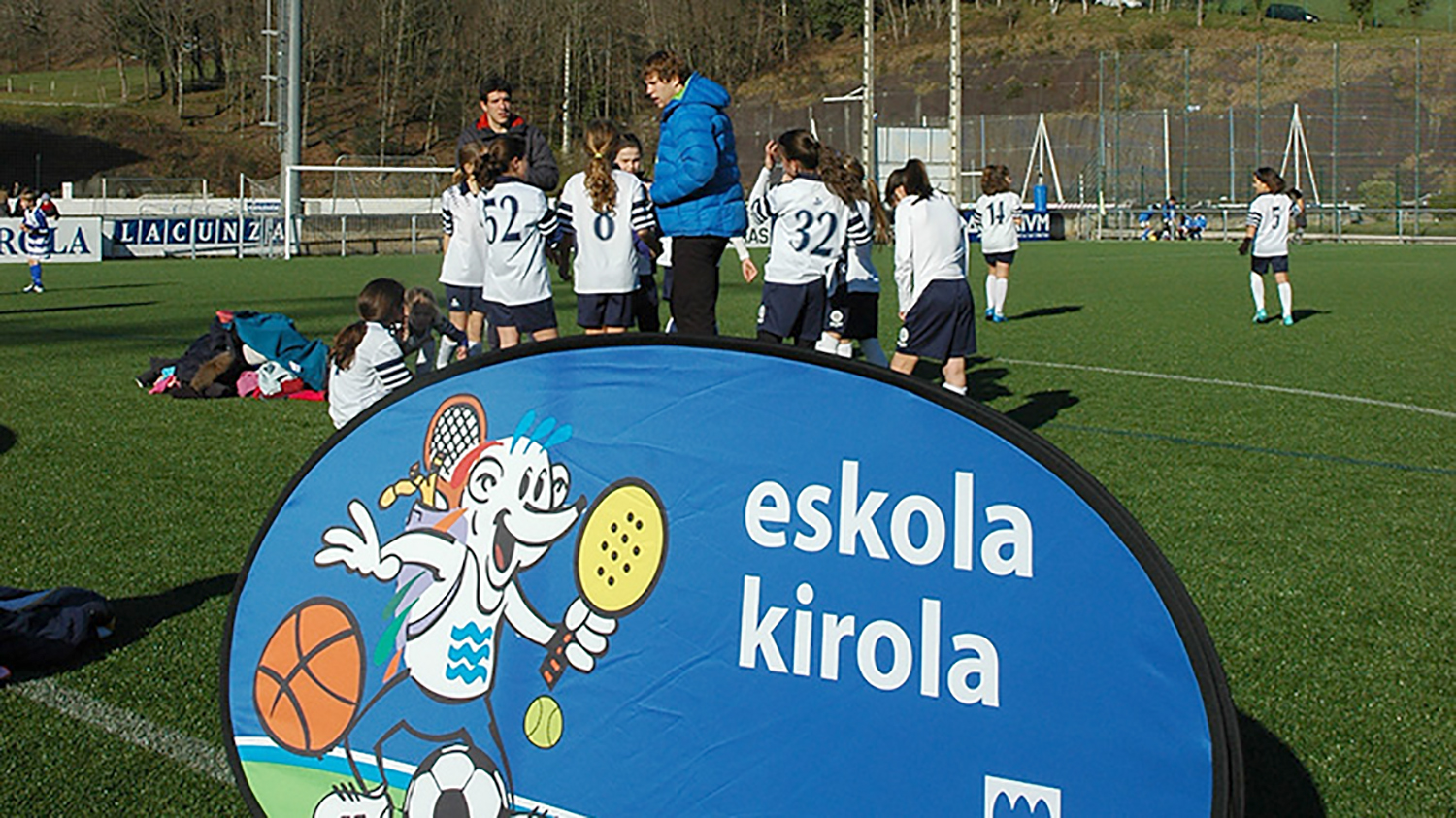
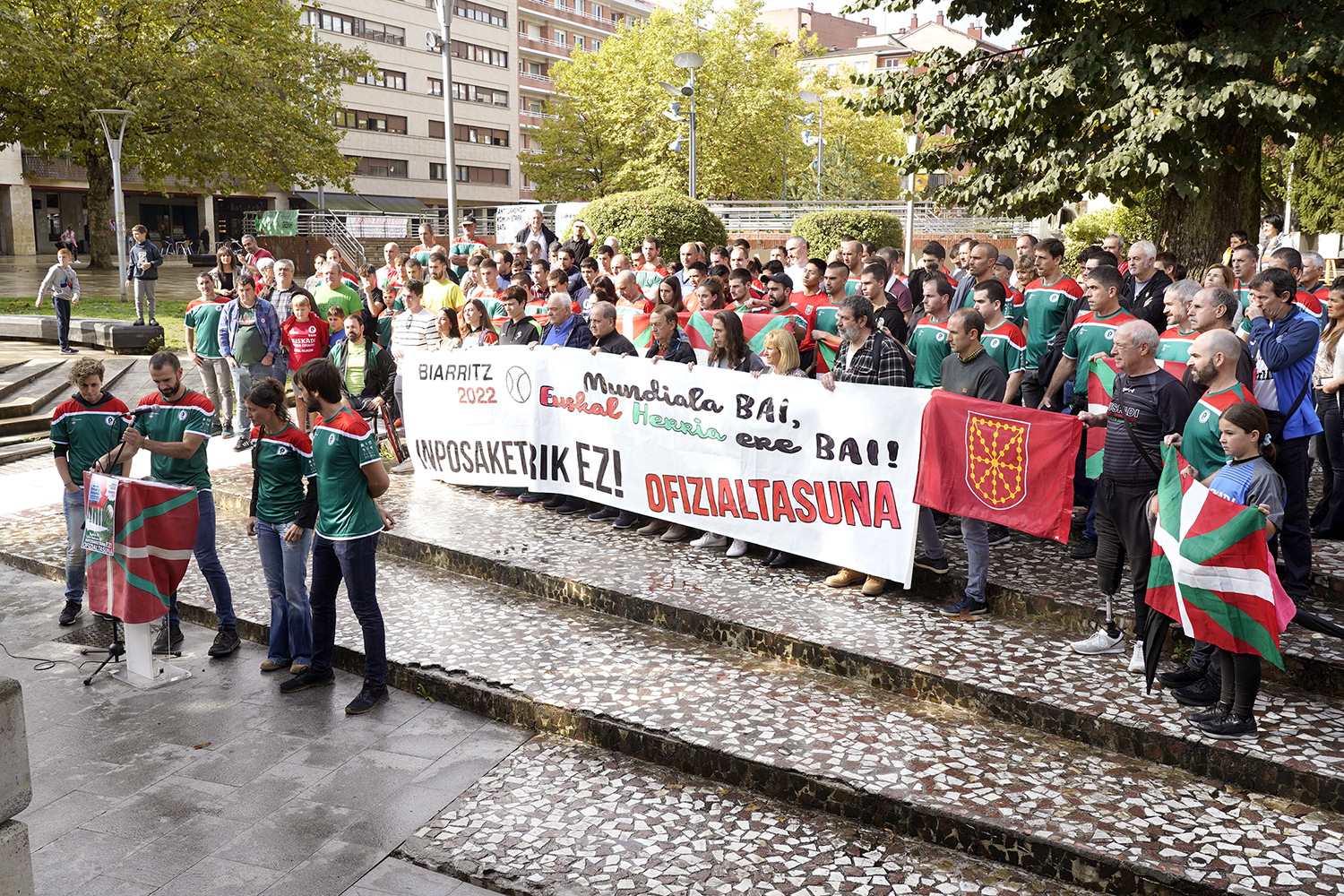
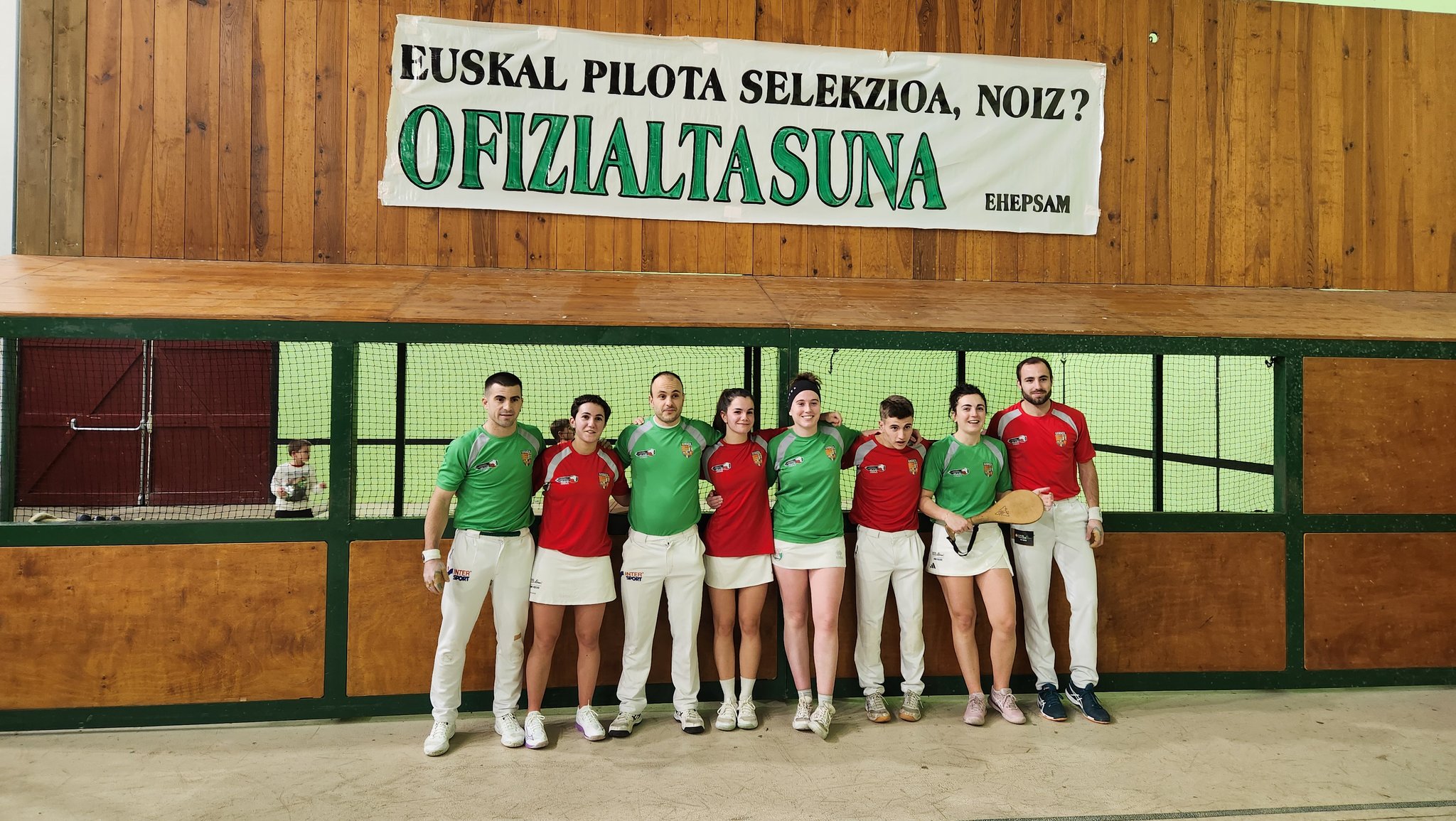
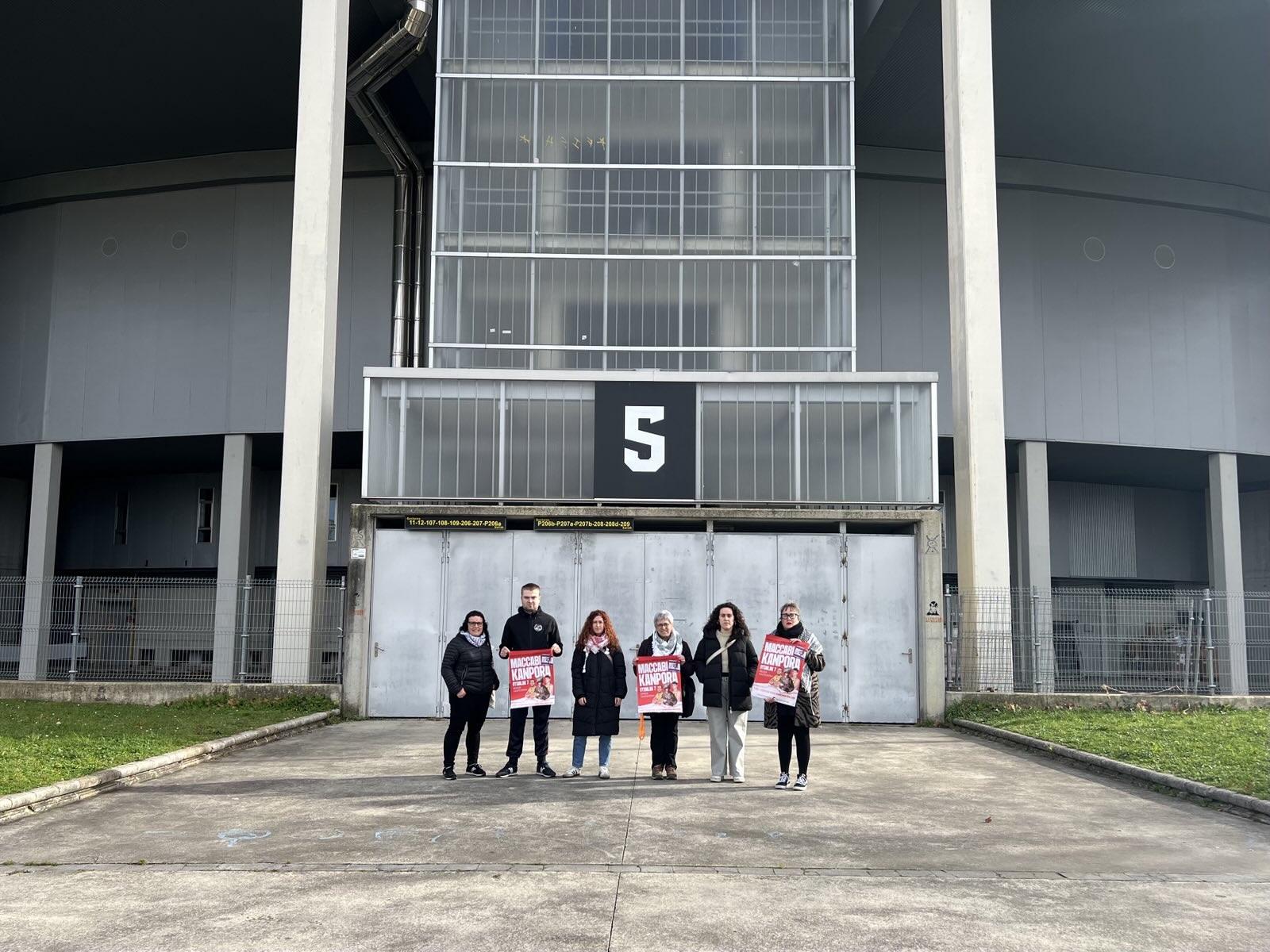

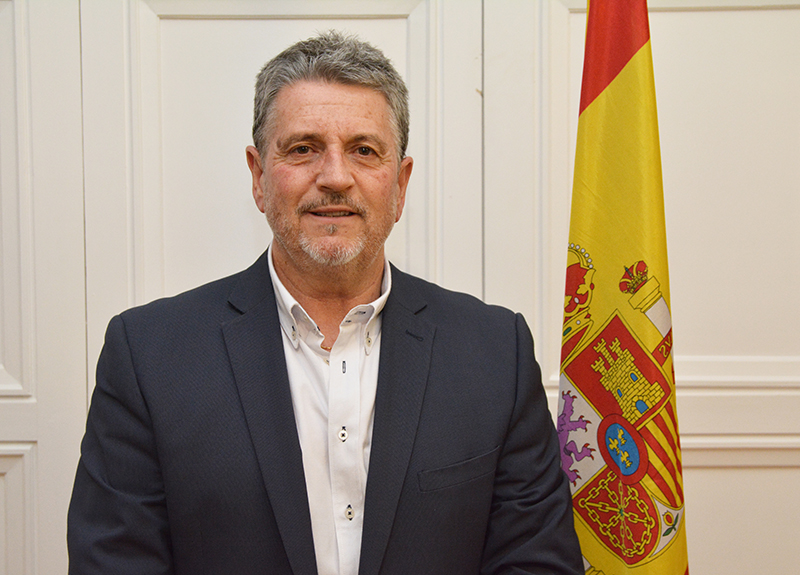

.jpg)

